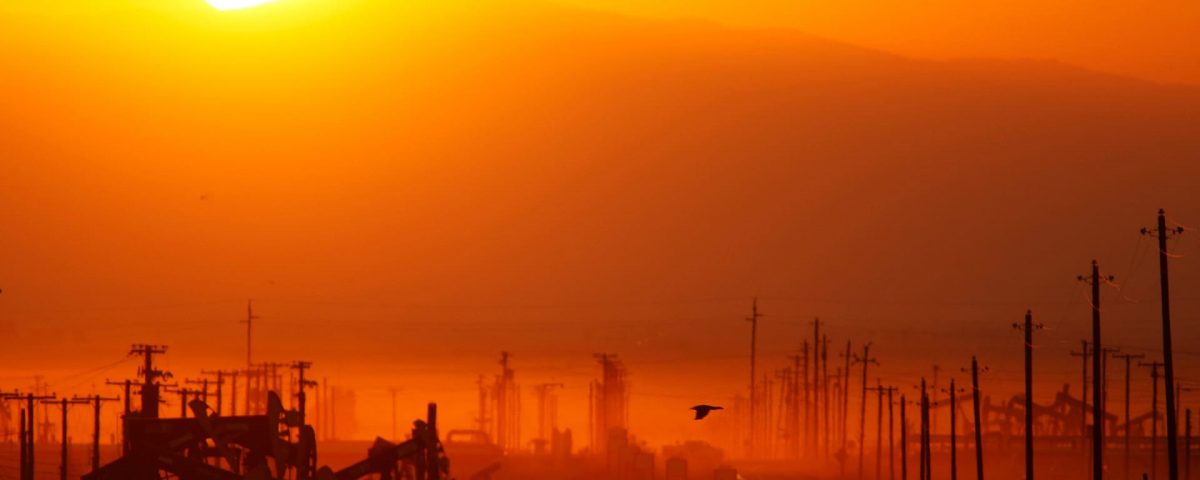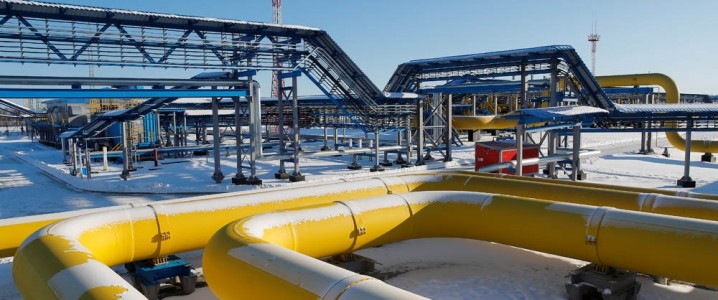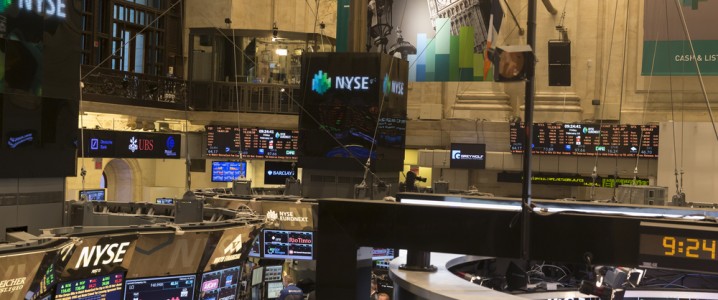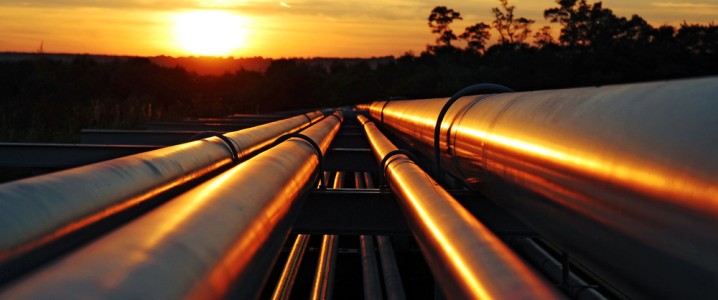After 2019, the WBG – which includes the World Bank and three other institutions – will stop investing in upstream oil and gas, it announced at the One Planet Summit in Paris on Wednesday.
The summit was hosted by French president Emmanuel Macron, with 164 world leaders, government members, business leaders and prominent figures joining him at the Elysee presidential palace in Paris.
This moves marks a major change in strategy for the the WBG, which has historically sought to support extraction of natural resources, such as gas, oil and minerals in developing nations, in order to tackle corruption and exploitation, through proper governance.
The World Bank currently holds $961m (£722m) of guarantee operations, set up to support private sector investments in gas and oil explorations.
Upstream oil and gas constitute 2pc of the WBG portfolio. Across the World Bank Group institutions, the total portfolio is worth around $280bn.
This comes as the WBG signed a $1.15bn loan with the Government of Egypt aimed at reducing fossil fuel subsidies and encouraging low-carbon energy investment.







